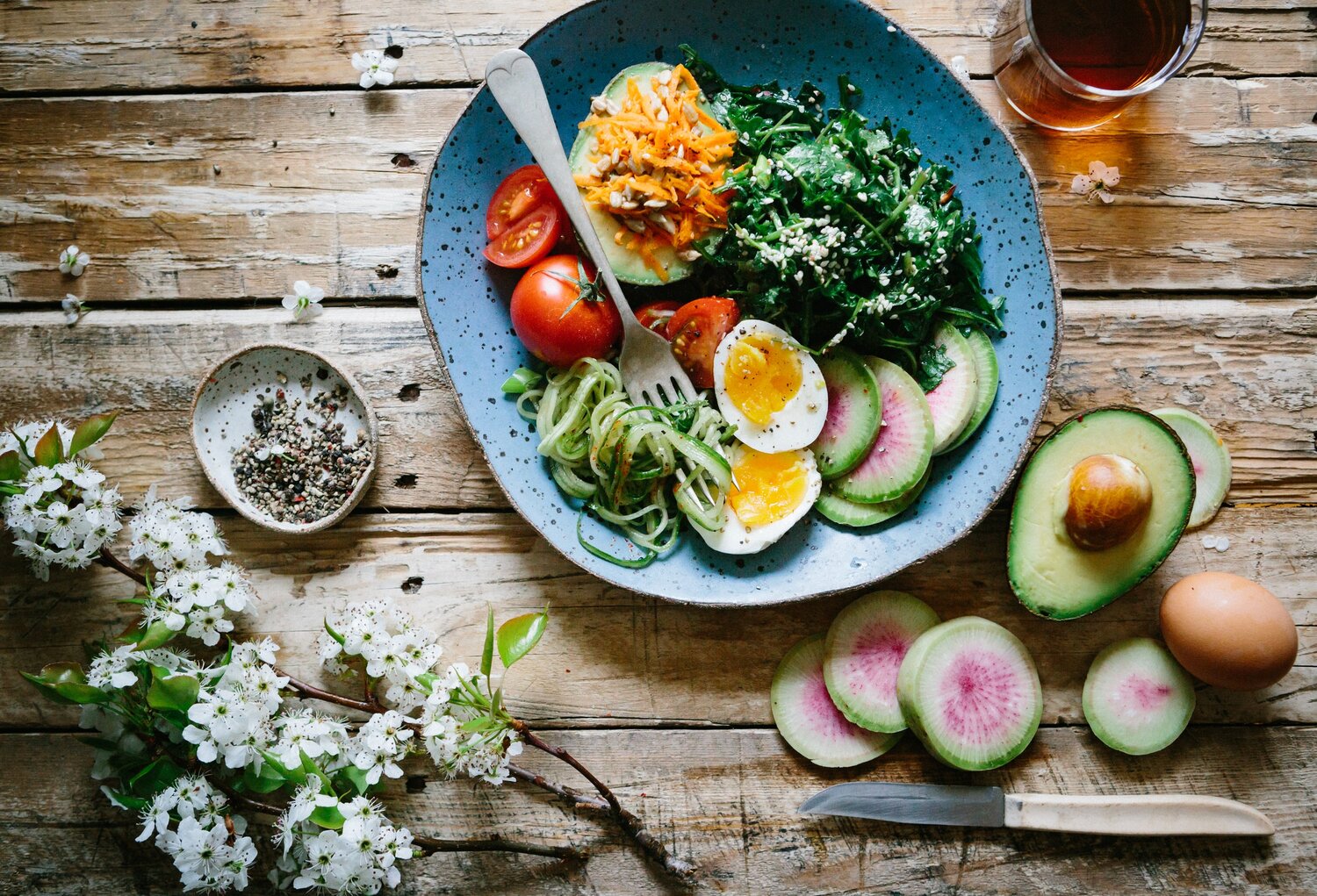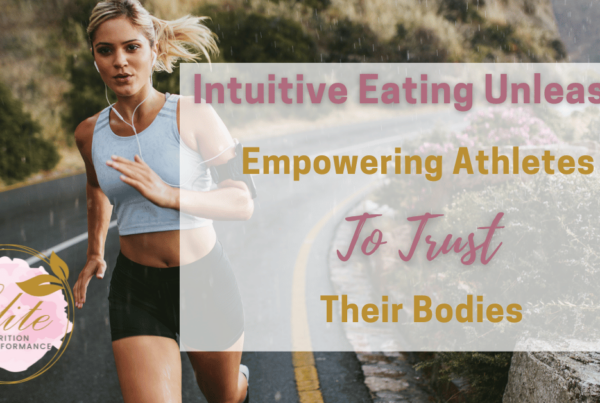Protein is the main component of our muscles. They need adequate protein to grow and function properly. As an athlete, protein is even more important to keep your muscles working at their highest capacity. But can you get enough protein from plant based foods to perform at an elite level?
With a well designed vegetarian or vegan diet, you can absolutely still meet your protein needs and support muscle growth and repair.
The Vegetarian (or Vegan) Athlete
Athletes have many different reasons for wanting to eat a plant-based, vegetarian, or vegan diet. Some athletes find the health benefits of eating more plants appealing. Others may choose a vegetarian lifestyle for religious, environmental, or ethical reasons.
No matter why you choose a more plant-based lifestyle, as an athlete you still need to take your increased nutrient needs into consideration. When you eliminate meat or animal products from your diet, you also eliminate a primary source of protein. Therefore, you will have to be a bit more thoughtful about how you will reach your protein goals using plant-based sources.
The key is to develop an understanding of amino acids, the building blocks of protein. There are 20 amino acids in the human body, but only 9 of these are essential, meaning they must come from the diet.
Generally, plant proteins are low in one or more essential amino acids, whereas animal proteins contain all nine amino acids. Many plant foods do provide complementary amino acids. This means one food is high in an amino acid, whereas another is low, and they complement each other.
Complementary plant proteins don’t even need to be consumed at the same meal, your body is smart enough to take the amino acids it needs from the foods you eat as long as you are eating a variety of foods day to day.
Vegetarian Protein for Athletes
Which high protein foods should athletes eat? Here are some of the best protein sources for vegetarian athletes:
-
Tofu- 20 grams per 1 cup
-
Legumes- 7 grams per ½ cup
-
Tempeh- 15 grams per ½ cup
-
Quinoa- 4 grams per ½ cup
-
Nut butters- 8 grams per 2 tbsp
-
Nuts- 7 grams per ¼ cup
-
Hemp seeds- 7 grams per 2 tbsp
-
Plant-based protein powder– varies
These are all plant-based proteins that would be appropriate for both vegetarian and vegan diets. Some athletes may choose to follow a more flexible vegetarian diet which can include dairy products and eggs to make meeting protein needs easier. Whole eggs, egg whites, cottage cheese, yogurt, cheese, and milk would all be excellent sources of protein for vegetarians.
Creating a Vegetarian Meal Plan for Athletes
Now that you know a few different options for the best protein sources for vegetarian athletes, how do you create a vegetarian meal plan?
First, you need to figure out how much protein you need per day. This should be individualized to your current training schedule, the type of exercise you do, and other lifestyle factors. In general, most athletes need between 1.2-2 grams of protein per kg body weight daily. High protein foods should be spread out between meals and snacks throughout the day and balanced with adequate carbohydrates and fat.
Once you know your goals, you can create a meal plan to help you match your needs. If you need ideas for high protein, athlete-friendly vegetarian or vegan meal options, you can find several here. Or if you want help planning a well-balanced plant-based diet that supports your training and meets your specific needs, feel free to contact us and schedule a consultation.
Source link








